The Truth Behind Silky Clothes
And Sustainable Choices
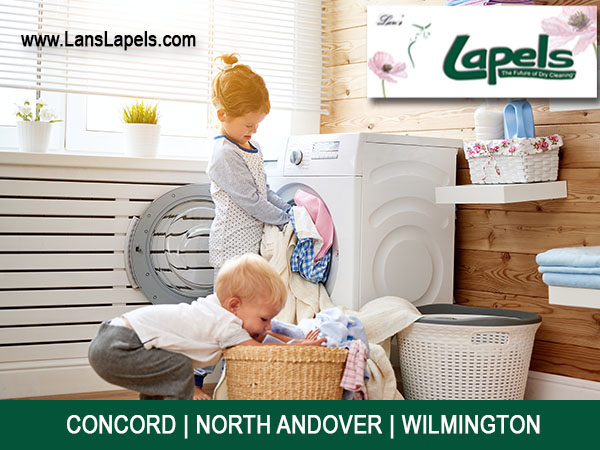
Occassionally I get questions from some customers in regards to fabric softeners. In our mission to offer clarity, we’re demystifying fabric softeners today. Let’s dive into the topic of fabric softeners and discuss my perspective on them.
Yes, we will use fabric softeners when a customer insists on using them for a particular separate batch. However, it’s important to note we do not use them or recommend using them as a general washing rule. Why? While fabric softeners can make clothes feel softer and more comfortable, there are notable drawbacks and potential downsides to using them.
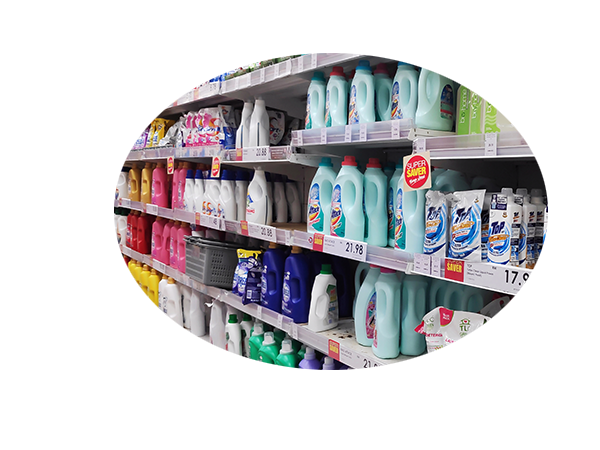
Fabric softeners often contain chemicals and microplastics that leave residues on clothing fibers. Over time, this residue can accumulate, leading to clothes feeling less breathable, stiffer, and less absorbent. This water-repellent effect can be particularly problematic for items like towels and athletic wear, which are designed for absorption.
Some fabric softeners contain ingredients that can weaken the fibers of specific fabrics over time. This can lead to the fabrics becoming thinner, and more prone to tearing and developing holes.
Fabric softeners may increase lint adherence to clothing, especially affecting darker-colored garments where lint and fuzz are more noticeable.
For garments that require flame resistance (such as children’s sleepwear or work uniforms), using fabric softeners can diminish their flame-resistant properties, potentially compromising safety ( more information).
The fragrances and chemicals found in fabric softeners can trigger skin irritation and allergic reactions in sensitive individuals. Many fabric softeners contain environmentally harmful chemicals that can contaminate water supplies and negatively impact aquatic ecosystems.
Fabric softeners utilize cationic surfactants to achieve softening effects. These surfactants can accumulate on clothing, resulting in faded colors and potential impacts on dye retention.
It’s important to recognize that not all fabric softeners are equal; some may have fewer negative effects than others. If you do opt to use fabric softeners, consider using them sparingly and being attentive to the fabric and clothing type you’re treating.
At Lan’s Lapels, we’re always on the lookout for the best methods to safeguard your garments. We wouldn’t deliver anything that doesn’t meet our strict standards of quality and safety. We use Green Earth solvents for our dry cleaning processes, which are as safe as sand and certified to be simply flushed away. Our wash, dry, and fold laundry undergoes treatment with aqueous ozone, a safe process that quickly breaks down into water within minutes. This is a method frequently used by hospitals for sanitization. Wool balls serve as a natural softener. Rest assured, we’re focused on doing the research for the best quality so you don’t have to!
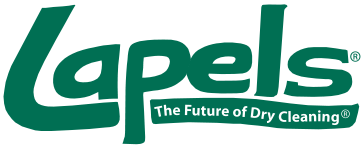
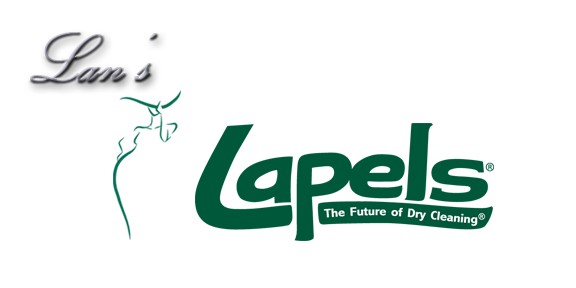
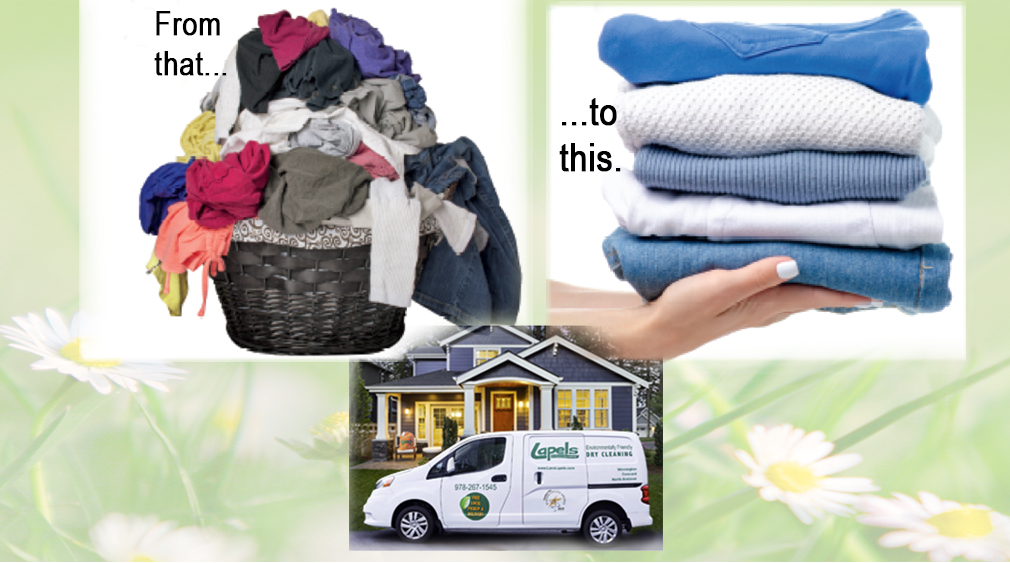



Recent Comments